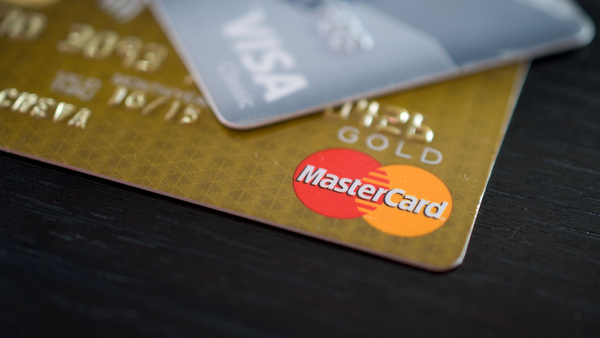
Mastercard has announced it will stop requiring signatures at checkout for credit or debit purchases in Canada and the U.S. after April 2018.
“Eliminating the need for signature is another step in the digital evolution of payments and payment security. At first glance, this might sound like a radical proclamation, especially to people who have had credit and debit cards for decades. However, the change matches all of our expectations for fast and convenient shopping experiences,” the company said.
The move could have little effect on consumer behavior or interchange income for credit unions and other card issuers, however.
“I believe that while it makes for great press, it may not make a difference,” Lou Grilli, director of payments strategy at CSCU in Tampa, Fla., said. “Merchant terminals are programmed to show a signature screen for credit transactions. Reprogramming all those terminals is monumental.” Having a terminal avoid showing the signature screen if the card is a Mastercard but then show it for other cards doesn’t make sense, he said.
The interchange schedules are still the same but some consumers may have questions, Grilli added.
“It will certainly cause confusion for a debit card, where a Mastercard cardholder chooses ‘signature’ but knows that Mastercard does not require signature. Many merchants no longer offer a cardholder a choice, so this confusion will be mitigated, at least in big-box stores,” he said.
Nonetheless, signatures just don’t appear to play a big role in most card transactions anymore.
“One common misperception is that signatures are not transmitted to the networks, nor to the issuer. The image stays with the merchant, or the merchant processor, and was used for chargeback disputes, but is seldom researched,” Grilli explained.
“The time and staff resources to retrieve a signature image far outweighs the chargeback costs, except in extreme cases. Furthermore, it would require someone with handwriting analysis expertise to verify or dispute a signature,” he said.
More than 80% of Mastercard in-store transactions in North America already don’t require a cardholder signature at checkout, according to the card network.
Mastercard said its research shows that most people think it’s easier to pay and that checkout lines would move faster if they didn’t need to sign when they make a purchase.
“According to our research, most consumers are ready for this evolution. A large majority are not worried about retiring the ‘signature required’ clause and still feel safe and secure without signing on the dotted line,” it said.
For Grilli, EMV is the answer for issuers worried about the fraud implications.
“As we reissue more cards as chip, the verification of authenticity of the chip is much more powerful than validating a signature, which no one is checking,” he said.
Mastercard has made a number of moves in the rapidly evolving payments space in the last few weeks. It announced it will open access to its blockchain technology, for example, and that it has partnered with Western Union to allow the money-transfer company to deliver funds to U.S. debit cards. Mastercard also launched Mastercard Consumer Control, which is a tool the company said helps consumers keep track of their card credentials. First Tech Federal Credit Union will be one of the first issuers to offer Consumer Control, it said.
The Mountain View, Calif.-based First Tech has almost $11 billion in assets and about 488,000 members.


